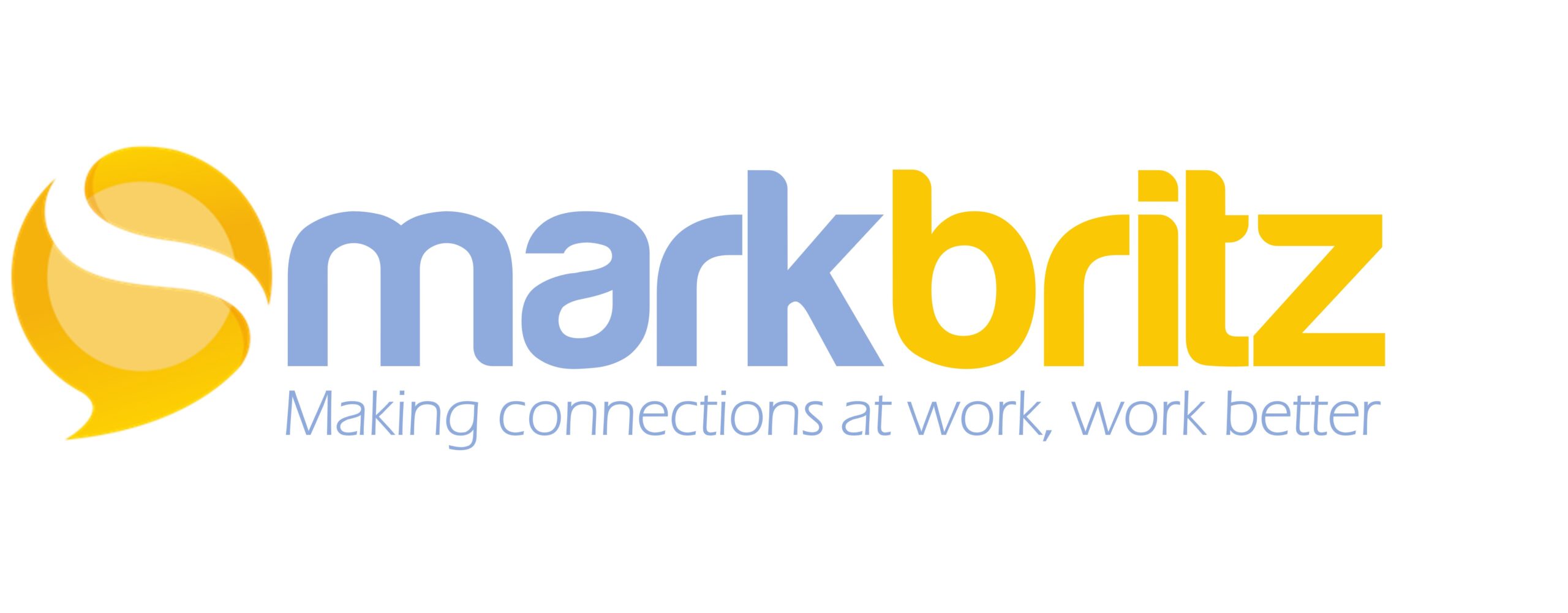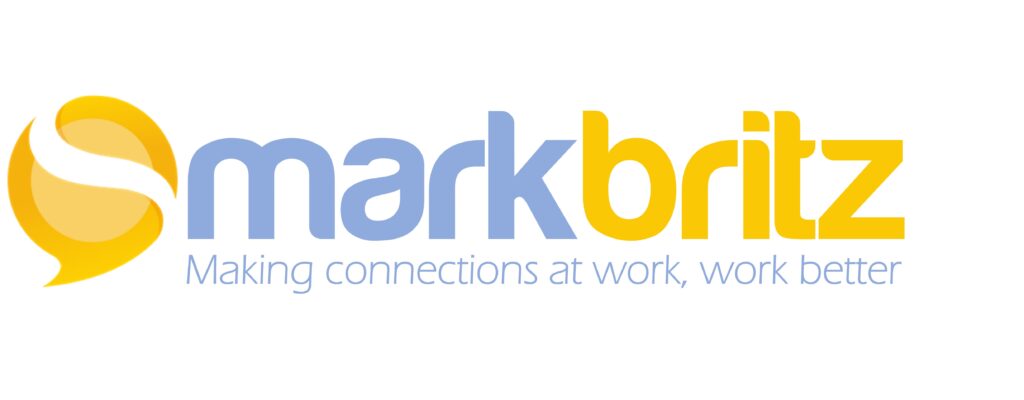12 years ago this month I got laid off from a job I held for just under 2 years. You’d think that wouldn’t be much time to make it memorable but it was. And an experience that I didn’t recognize as such at the time but one that subconsciously nestled in and blossomed later.
In 2000 we were building what could best be called social learning simulations. They were based on Roger Schank‘s Story Centered Curriculum. Of course nobody called them Social Learning Simulations – but it’s what they were. Our learner-centric approach was designed to immerse users in roles where they faced challenging corporate situations. The learner would need to interact exclusively with various virtual characters to collaborate, generate solutions, apply and reflect. That was 14 years ago…
At this time most of SmartForce and it’s competitors were focused on shovelware in a mad scramble resembling Cold War escalation of the “he who had the biggest library wins” type. Social learning augmented by social media was not really a twinkle in anyone’s eye. Yet we were “doing social” in the framework of what organizational elearning knew; courses. We were a proud, excited, creative and diverse group building a product that ultimately didn’t sell very well. SmartSims were a novelty; the add-on, the cherry on top… “Buy this suite of click-n-learn and we’ll toss in a simulation“.
Needless to say we lost the “Course War” as 9/11 came and the economy tanked. 7 months later, the ink barely dry on my first mortgage, I and the SmartSim team were hitting the pavement. Many, if not all of us, in the SmartForce diaspora latched on to wherever we could to stay afloat during those lean years. In an act of desperation, I took the first job that came my way and was placed in a course factory called KnowledgeNet. I jumped ship pretty quick and moved on to Pearson Digital Learning and even more course work (albeit a better experience). That was followed by still more positions away from the more edgy stuff I had been engaging in. Unfortunately, for some time, I lost touch with those approaches and the people that were really on the cusp of the social learning we see and speak of today. I regret that I let go and went with the current for arguably the wrong reasons. However each experience really builds to other experiences as supported by my growing Constructivist beliefs converging with the opportunity at SmartForce in a heavenly match.
Abraham Lincoln was purported as saying “In the end, its not the years in your life that count but the life in your years“. My life at SmartForce ended too quickly but the time there was immeasurably beneficial as the opportunity to reignite the fires came sometime later and drew me back to reflect on, and draw from, those early days. I look fondly back at the convergence of those two experiences in that period of time; Constructivism, and Story-Centered learning. One experience developed out of need, the other out of happenstance and they together laid the foundation for my beliefs and practices today.
Fondly remembering today some of the wise and creative folks I got to work with at SmartForce:
Teresa Tedone > Ryan Malone > Cynthia Haan > Bryan Jones > Morris Nuspl > Paul Benner > Deter Runge > Samantha Salzinski > Tiffany Temple > Dave Reiter > Angie Reyna >Tiffany Wilbur > Sean Layton >Tom Fox > Nic Dimond > Willis Lee > Scott Mitchell > Teddy Zmrhal > Josh Richelew > Jeff Bockert > Margaret Scott > Osanna AvanesovaThanks for the memories and contributing to the inspiration!

